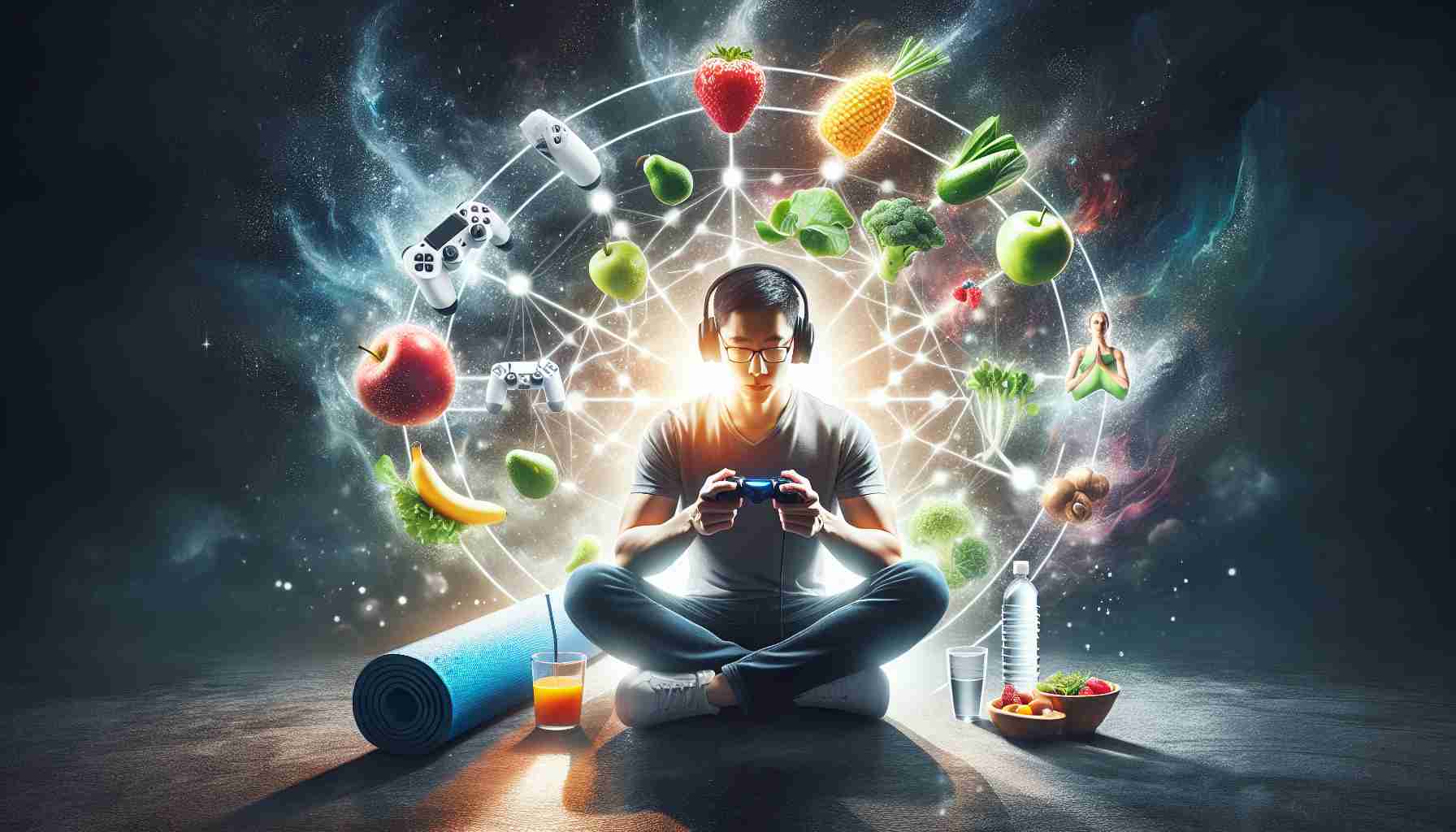A balanced gaming experience is essential at platforms like Krikya, where players can immerse themselves in entertainment while prioritizing their well-being. Striking this balance is key to ensuring the enjoyment of online gaming without the negative impacts that can arise from excessive play.
Maintaining Healthy Gaming Practices is vital for a positive experience on Krikya. By cultivating mindfulness about how and when you engage with games, players can create a fulfilling and sustainable gaming routine. Taking proactive steps can significantly enhance enjoyment and safety during gameplay.
Implementing strategies to promote responsible gaming can make a substantial difference. Start by setting specific time limits for gaming sessions, allowing for a clear boundary between playtime and other responsibilities. It’s also important to establish a budget before diving into games to manage your finances wisely.
Moreover, scheduling regular breaks can prevent burnout and keep your focus sharp. Staying informed about gaming habits and guidelines from the platform can further enhance your experience.
Balancing online gaming with everyday life can lead to a more rewarding engagement with Krikya. By establishing boundaries and embracing a proactive approach to gaming, players not only protect their well-being but also ensure that every gaming session is enjoyable and enriching.
Additional Facts Relevant to Gaming and Personal Well-Being
While online gaming can provide joy and a sense of community, it’s important to recognize that it can also lead to various mental health issues if not managed properly. Studies have indicated that excessive gaming can lead to anxiety, depression, and social isolation. Conversely, moderate gaming can enhance cognitive skills and foster social connections, particularly through multiplayer games. In this digital age, the role of gaming in social interactions and its impact on relationships is also noteworthy, as many players form lasting friendships and networks through online platforms.
Key Questions and Answers
1. What is the impact of gaming on mental health?
– Moderate gaming can boost mood, improve problem-solving skills, and enhance social interactions. However, excessive gaming can contribute to anxiety, depression, or addiction.
2. How can gamers maintain a healthy balance?
– Gamers can maintain a healthy balance by setting time limits, taking breaks, engaging in physical activity, and prioritizing other responsibilities.
3. What role do game developers play in promoting responsible gaming?
– Game developers can implement features that encourage healthy gaming habits, such as reminders to take breaks, parental controls, and options to monitor playtime.
Key Challenges and Controversies
One of the main challenges is the stigma around gaming addiction, which is increasingly recognized as a legitimate mental health issue. This stigma can discourage individuals from seeking help. Additionally, there is ongoing debate about the effects of violent video games on behavior, with mixed findings on whether they contribute to aggression in players. The rapid advancement of technology and the rise of virtual reality (VR) gaming presents new challenges in finding balance, as immersive experiences can lead to extended play sessions.
Advantages of Gaming
– Cognitive Benefits: Many games enhance critical thinking, improve memory, and develop problem-solving skills.
– Social Connection: Online gaming fosters community and friendships, reducing feelings of loneliness.
– Stress Relief: Gaming can serve as an enjoyable escape, providing relaxation and a break from daily pressures.
Disadvantages of Gaming
– Risk of Addiction: Some individuals may struggle with gaming addiction, leading to negative impacts on life.
– Physical Health Issues: Extended periods of inactivity can result in health problems such as obesity and poor posture.
– Social Isolation: For some, heavy gaming can lead to decreased face-to-face interactions and meaningful relationships.
Suggested Related Links
– mentalhealth.gov
– gameindustry.com
– igda.org






















